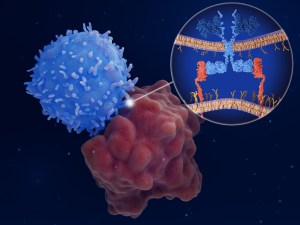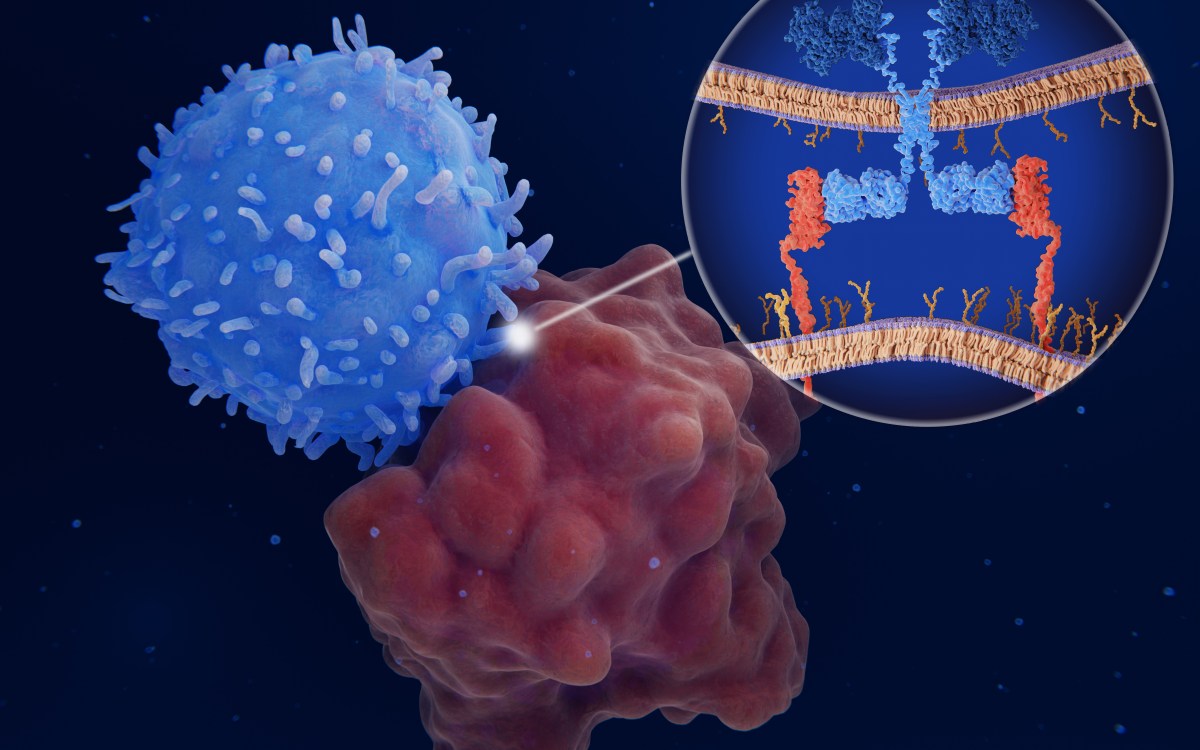Joint U.S.-Russian study charts steps toward safe, secure nuclear energy growth
A new report – the product of an unusual collaboration between leading U.S. and Russian institutes – recommends a broad range of cooperative steps by Russia and the United States to strengthen nuclear safety, security, and nonproliferation around the world, and to develop new approaches to nuclear energy.
The study, from the Belfer Center for Science and International Affairs at the Harvard Kennedy School and the Russian Research Center “Kurchatov Institute,” argues that nuclear energy would need to grow dramatically to play a major role in meeting the urgent energy challenges of the 21st century, and that strengthened safety, security, and nonproliferation measures are key enablers of such large-scale growth.
The recommendations include:
- A new presidential-level nuclear security initiative designed to put in place and sustain high levels of nuclear security in Russia, the United States, and around the world, fulfilling the promise of the nuclear security summit;
- New steps to find and fix the world’s least safe nuclear reactors, to strengthen nuclear safety culture around the world, and to help states building nuclear reactors for the first time to achieve high levels of safety;
- New measures to help stem the spread of nuclear weapons, from multilateral fuel cycle facilities to strengthened efforts to stop black-market nuclear networks; and
- A multilateral consortium to market factory-built nuclear reactors with high levels of built-in safety, security, and proliferation resistance, and to provide “cradle to grave” services for these facilities. This approach could make it possible to deploy nuclear energy widely around the world without adding substantially to risks of accidents, terrorism, or nuclear proliferation.
The authors recommend that the recently negotiated Russian-U.S. nuclear cooperation agreement be brought into force as soon as possible, to facilitate the broad range of U.S.-Russian nuclear cooperation the report envisions. This cooperation, they argue, will serve both U.S. and Russian national interests, as well as those of the world community.
The project was directed by Matthew Bunn of the Belfer Center and Vyacheslav P. Kuznetsov of the Kurchatov Institute. Contributing authors include Andrei Yu. Gagarinski, Nikolai N. Ponomarev-Stepnoi, Vladimir M. Schmelev, Stanislav A. Subbotin, Victor E. Tsibulski, and Evgeniy P. Velikhov from the Kurchatov Institute, and Graham T. Allison, Martin B. Malin, Steven E. Miller, Andrew Newman, and William H. Tobey from BCSIA. On the U.S. side, the project was managed as part of the Belfer Center’s Project on Managing the Atom.





